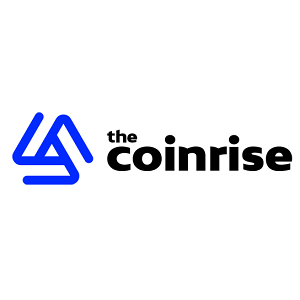Ethereum Developer Proposes Faster Blocks with EIP-7782
2 min read
An Ethereum core developer has proposed a major change that could significantly speed up the network. Ethereum Improvement Proposal 7782 (EIP-7782), presented on June 21 by developer Barnabé Monnot, suggests cutting the network’s block time in half—from 12 seconds to just six. The goal: improve transaction confirmation times and enhance the overall user experience across the ecosystem. By reducing the “slot time”—how often new blocks are created—Ethereum could process transactions more quickly and display more up-to-date information in wallets and decentralized apps (DApps). Monnot emphasized that this change could increase Ethereum’s “service price,” or the value the network offers as a confirmation and settlement layer. EIP-7782 was originally drafted in October 2024 and is currently being considered for the “Glamsterdam” upgrade scheduled for late 2026 . “By then, we will have done a lot of healthy scaling,” Monnot noted, adding that block sizes may triple and data availability (“blob supply”) could expand eightfold by that time. Faster Confirmations, Better DeFi Performance Shorter slot times would mean new blocks are proposed twice as often, which would result in more responsive user interfaces and quicker inclusion of transactions. Wallets would display more accurate and up-to-date balances, while layer-2 networks could sync with the Ethereum mainnet more efficiently. The proposal could also bring meaningful improvements to decentralized finance (DeFi) . Faster block times would allow decentralized exchanges (DEXs) to update prices more frequently, reducing opportunities for arbitrage and slippage. “Faster slots lead to more liquidity, which means lower trading fees for users and increased network effects for Ethereum,” Monnot explained. In addition, having more block producers per minute would make it more difficult for any single entity to censor transactions, improving decentralization and security. Tradeoffs and Technical Hurdles Remain for Ethereum Despite the potential benefits, the proposal introduces several challenges. Validators with slower internet connections or limited processing capacity may struggle to keep up with the tighter time constraints. The network would also need to handle increased bandwidth demands due to more frequent consensus messages. To implement the change, EIP-7782 proposes shortening three key subslot timings: block proposal time from 4 to 3 seconds, attestation from 4 to 1.5 seconds, and aggregation from 4 to 1.5 seconds. These updates would collectively reduce each slot to six seconds. While the Glamsterdam upgrade is still in its early design phase, Monnot concluded, “A 2x reduction of the slot time would be an amazing option for Ethereum, which should be seriously considered.” The post Ethereum Developer Proposes Faster Blocks with EIP-7782 appeared first on TheCoinrise.com .

Source: The Coin Rise



